On-demand webinar: Global vs local sourcing
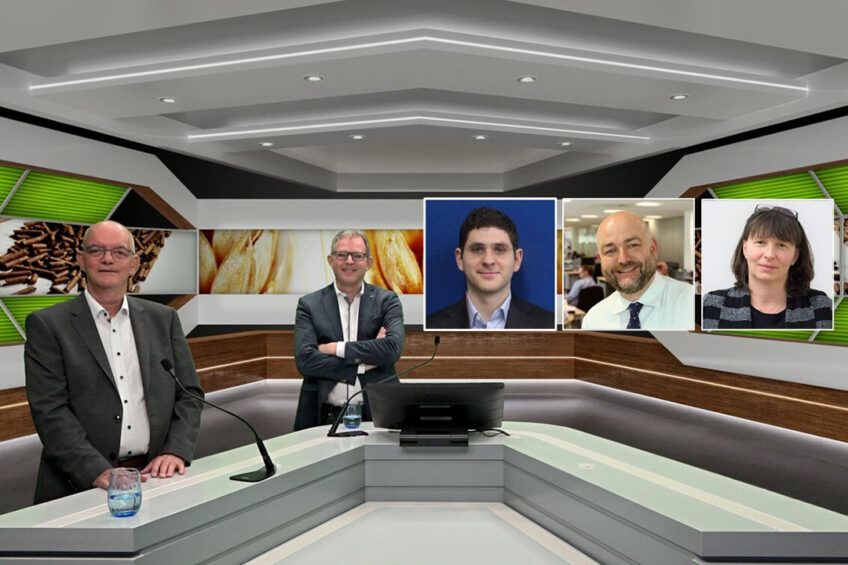
Should feed producers source their raw materials globally or locally? A recent webinar that touched on this topic is now available for watching on demand.
The question was addressed in the third and last webinar of All About Feed in cooperation with GMP+ International, held on Wednesday, May 12. The 3 webinars were all held in preparation of the Global Feed Safety Summit, which shall be taking place in April 2022 in Berlin, Germany.
Click here to view the webinar on-demand
Feed raw material stocks are low
Introducing the theme was Michael Magdovitz, senior analyst agri markets research at Rabobank. He looked at sourcing of raw materials from a financial angle. His conclusion was that at the moment, raw material stocks are low everywhere, whether it is corn, wheat or soy and that this leads to high commodity prices. It is caused, he said, by low plantings due to Covid-19 in combination with a feed surge in China.
The “why” of global sourcing of raw materials
The next speaker was Mark McHugh, group procurement director at Britain’s largest agribusiness AB Agri. He zoomed in on the “why” of global sourcing of raw materials, as it plays a crucial role in meeting demand for nutritious, cost-effective food. “Economies of scale and infrastructure investment drive cost-efficiency and help to reduce risk,” he said.
“Soy production in Europe is very possible”
The third speaker was Susanne Fromwald, senior consultant and programme director at Donau Soja, based in Austria. This organisation aims to support the cultivation of non-GMO soy in Europe. She said that increased soy production in Europe is very possible, and has both ecological and economic effects. Summarising, she said that more legumes in European crop rotation have relevance, it brings added value through regional value chain developments, it leads to less dependence on imports and reduces CO2 emissions.
Closing off the webinar, Johan den Hartog, managing director of GMP+ International wrapped up the theme and invited the audience to save the date for next year’s Global Feed Safety Summit (6-8 April, 2022).
The earlier webinars in this series touched on feed safety and security as well as the chain from feed to food. These are both available on-demand for free.
 Beheer
Beheer
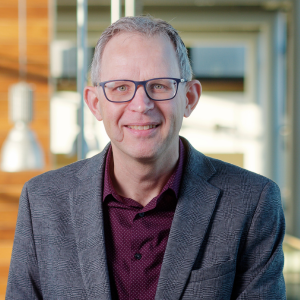


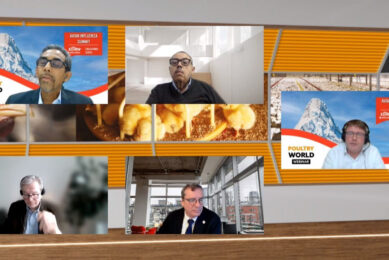
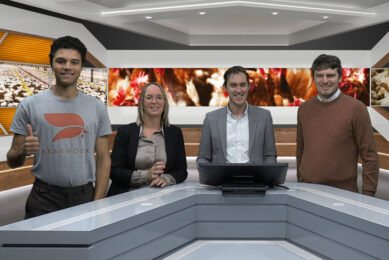
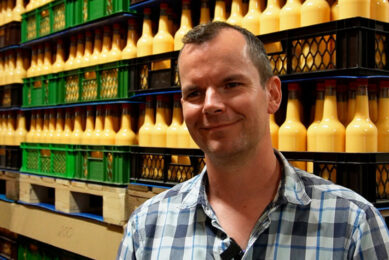





 WP Admin
WP Admin  Bewerk bericht
Bewerk bericht